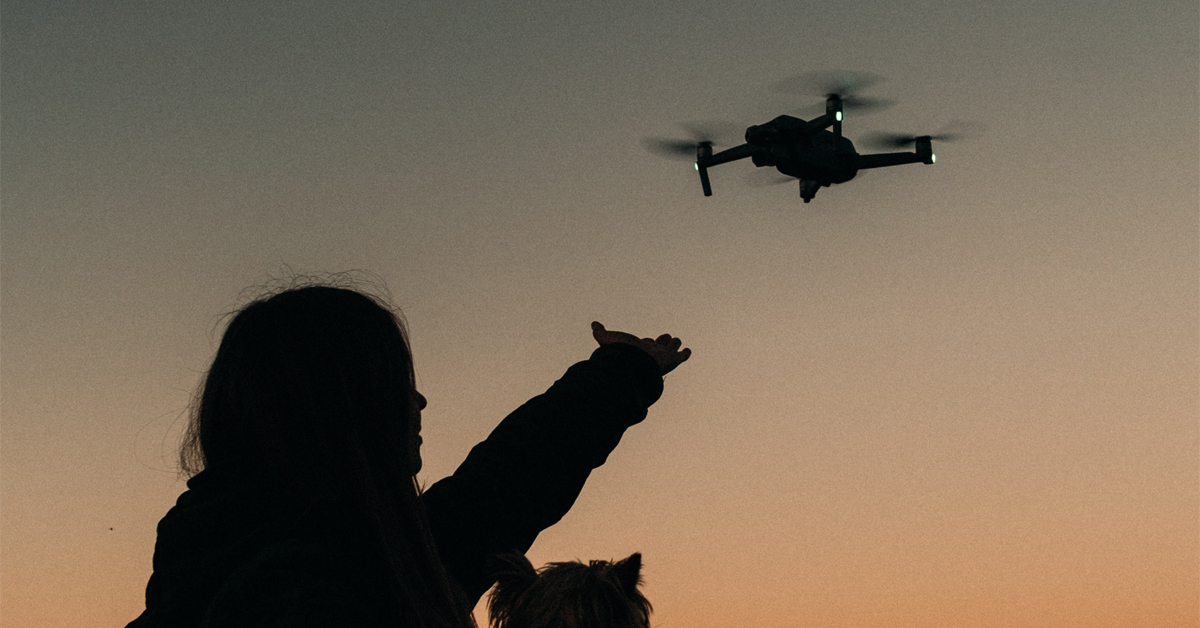Nina Dorfmayr, Manager at the Drone Competence Center at Austro Control and Jenn Player Senior Director of Regulatory Affairs at Skydio, meet with Eszter Kovác of DroneTalks at the ADW stage. In a special edition of 'Women behind the drone revolution' they talk about their role. Both ladies introduce themselves.
Nina Dorfmayr, works as a manager at the Drone Competence Center at Austro Control, the air navigation services provider that controls the Austrian airspace. The Drone Competence Center is a section of the Austrian Civil Aviation Authority, and it's handling all drone related topics. “We issue operational authorizations, operator certificates of pilot competency, provide registration for drone operators and plan and conduct safety promotion measures”, Dorfmayr explains. “On the other hand Austria Control also has the role of an Air Navigation Service Provider (ANSP). So the safe integration of manned and unmanned aviation is a very important topic for us.”
Jenn Player leads the aviation regulatory affairs team at Skydio, the leading US manufacturer of small drones. “Our mission is to make the world more productive, creative and safe with autonomous flight”, says Player. “We focus on working with customers, with regulators and with standards development organizations to advance autonomy and to unlock safe and effective drone operations.”
Jenn, did you always dream of working in the aviation business?
“Yes, I did. It was a lifelong passion. It started very young. Flying machines are a wonder. And I was always fascinated by that and wanted to work in as many aspects of aviation as I could; from flying to engineering and now on to the regulatory side. I have a bachelor's degree in aeronautical engineering from Pennsylvania State University in the United States. So, my background is in aeronautical engineering. I spent the first part of my career working on the traditional aviation side in crewed aircraft and then found my way into the drone space, first in R&D and in flight operations and now in aviation regulatory affairs.”
And you Nina?
“To be honest, I did not purposely choose a technical profession to begin with. I chose to study law, and I was always very interested in international law, aviation law. And then when I started my job as a legal advisor at the Austrian Civil Aviation Authority at Austro Control, this new topic of unmanned aircraft came up as consumer drones were getting more and more popular in Austria and there was no legal framework for it. So I was very interested in the topic from the beginning as the new technology was evolving very fast and it offered somehow the possibility to take part in creating new rules and regulations, more or less from scratch, which is very, very rare. So I became involved from the beginning with this, coordinating the topic within Austro Control and also with our Ministry of Transport leading various drone projects and then gaining also more technical expertise in this field along the way.”







